
It goes against your circadian rhythm
Most office dwellers have an acute understanding of the three o’clock slump: that feeling after lunch when fatigue sets in and productivity dwindles. “There seems to be a natural rhythm or set clock in our bodies, so many people tend to feel a little sleepy around 2 or 3 in the afternoon,” Lara Sandon, RD, a spokeswoman for the American Dietetic Association told Elite Daily. “Some cultures have the siesta, and people find that they’re better able to concentrate if they take time off after lunch.” Doctors and nurses are no exception to this afternoon lull, but when they become fatigued on the job, the results can be catastrophic.
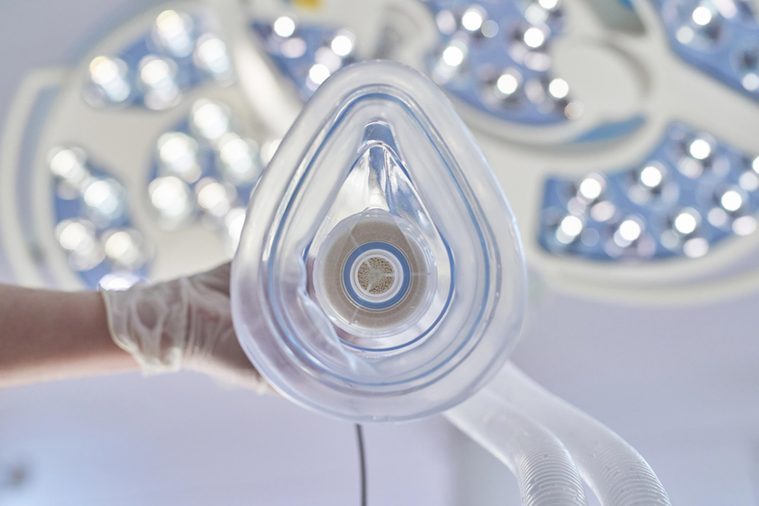
Anesthesiologists make more mistakes
Know you’ve got a major back or knee surgery coming up? Schedule it for before 2 p.m.—or you might suffer the consequences. One Duke University review of about 90,000 hospital surgeries found that anesthesiologists were more likely to make mistakes during procedures that began in the 3 p.m. and 4 p.m. hours. The probability of a mistake at 9 a.m. was 1 percent. At 4 p.m. it was 4.2 percent. The probability of the anesthesiologist’s mistake actually harming the patient was 0.3 percent at 8 a.m. and 1 percent at 3 p.m. The researchers attributed these errors to “afternoon circadian lows,” which decrease physician vigilance. Here are 34 more ways to survive your next trip to the hospital.
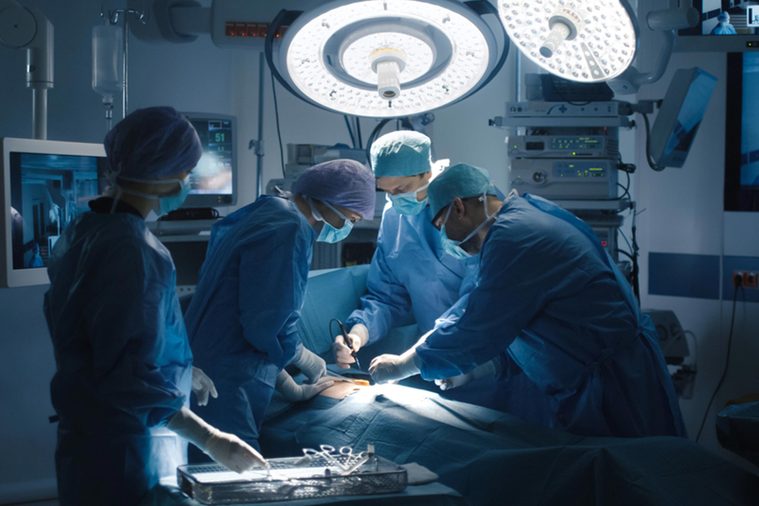
A shift change is likely to take place
Another reason not to schedule an afternoon surgery? You might start the procedure with one team and finish it with another. “Most members of surgical teams arrive for work between 6:30 and 7 a.m.,” writes CNN contributor Anthony Yuon, MD. “That means, when accounting for a 30-minute lunch break, the eight-hour shifts of most anesthesiologists, OR nurses, and surgical technologists end at 3 p.m. This is when a new team takes over, sometimes right in the middle of surgery.” That could result in something like the original anesthesiologist forgetting to inform her replacement that the patient doesn’t respond well to a certain nausea medication, writes Yuon. Fortunately, your actual surgeon—with or without their original team—is all but guaranteed to stay with you throughout the procedure.
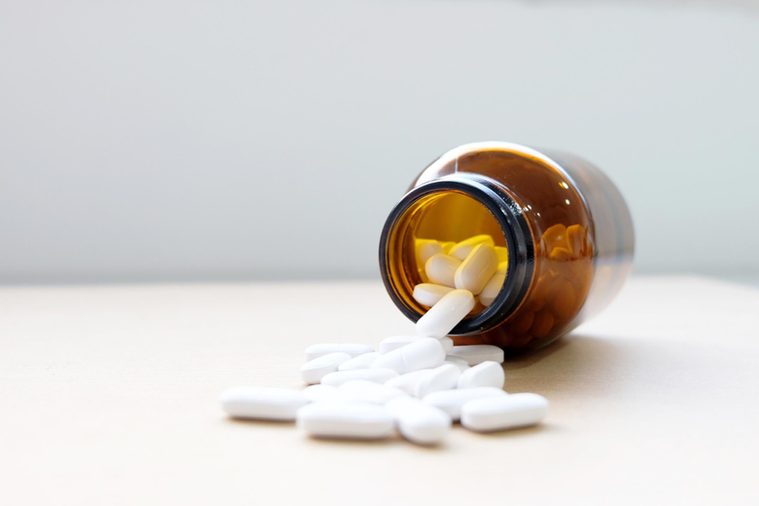
You might be prescribed unnecessary antibiotics
By now, most people know that antibiotics aren’t the solution for every sickness. In fact, they often to more harm than good. However, one study published in the JAMA Internal Medicine found that as the day goes on, doctors become much more likely to prescribe antibiotics—even when they’re totally unnecessary, such as in the case of a virus. “As the cumulative effect of dealing with patient after patient saps doctors’ decision-making resolve, it’s far easier to just write the scrip than suss out whether the patient’s symptoms [require one],” writes Daniel H. Pink in his book, When: The Scientific Secrets to Perfect Timing. Learn the 75 secrets nurses won’t tell you.
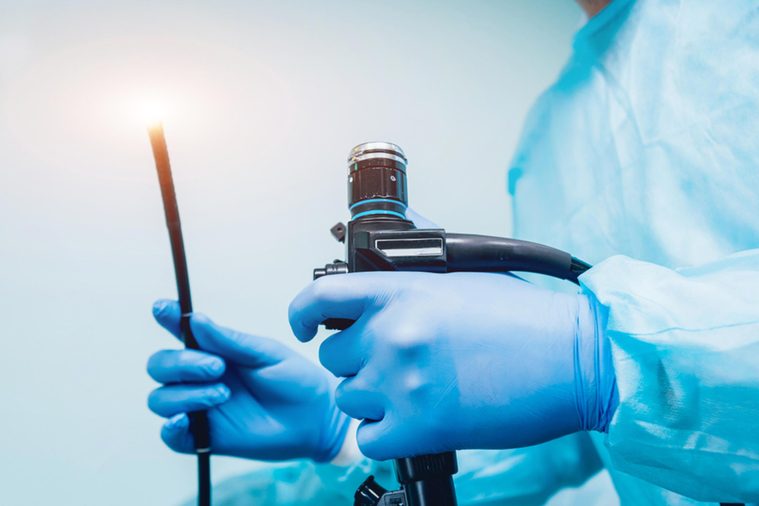
It’s the worst time for cancer detection
The 3 p.m. slump affects both hospitals and general practitioners alike. One study of more than 1,000 colonoscopies found that doctors are less likely to detect polyps—small, red-flag growths on the colon that could develop into cancer—as the clock ticked later into the day. Stunningly, each hour that passed decreased their polyp detection rate by 5 percent.
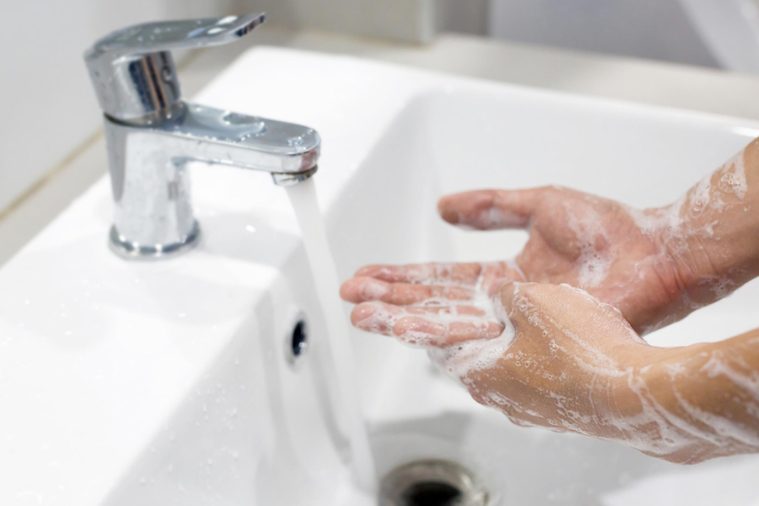
The staff is least likely to wash their hands
You might think health practitioners would be the last group of people in the world to skip washing their hands. Yet one 2015 study of more than 4,000 caregivers found that employees washed their hands less than half of the time when they had the opportunity and a professional obligation to do so. What’s more, when those caregivers (two thirds of them were nurses) began their shifts in the morning, they were 38 percent less likely to wash their hands in the afternoons. Next up, learn the 50 other secrets hospitals don’t want you to know.